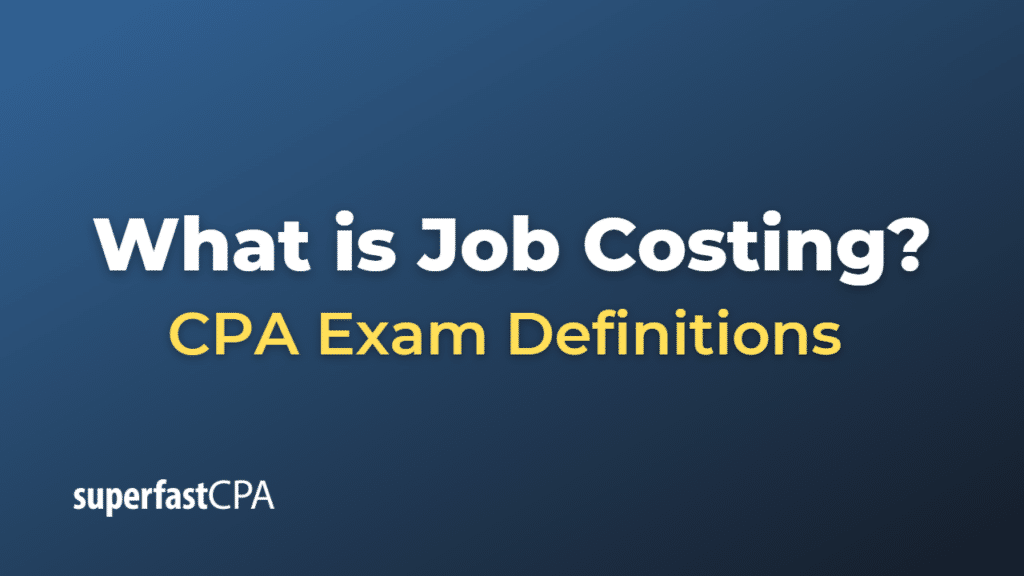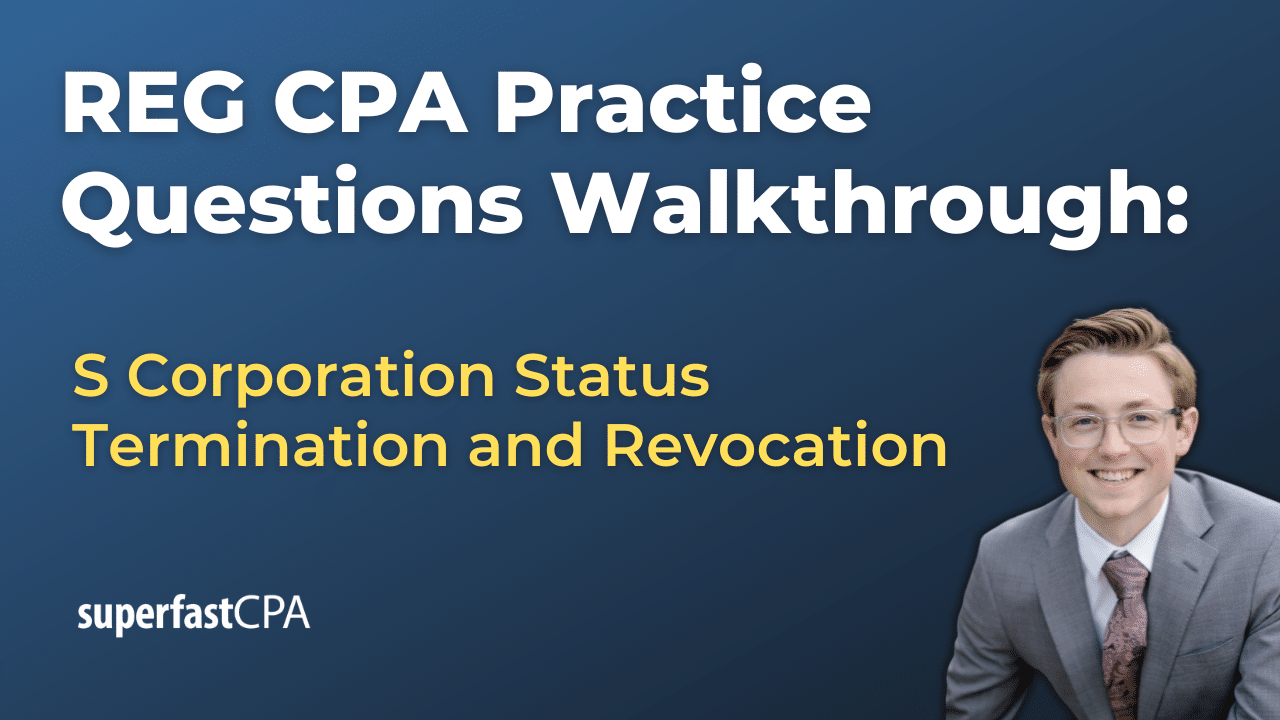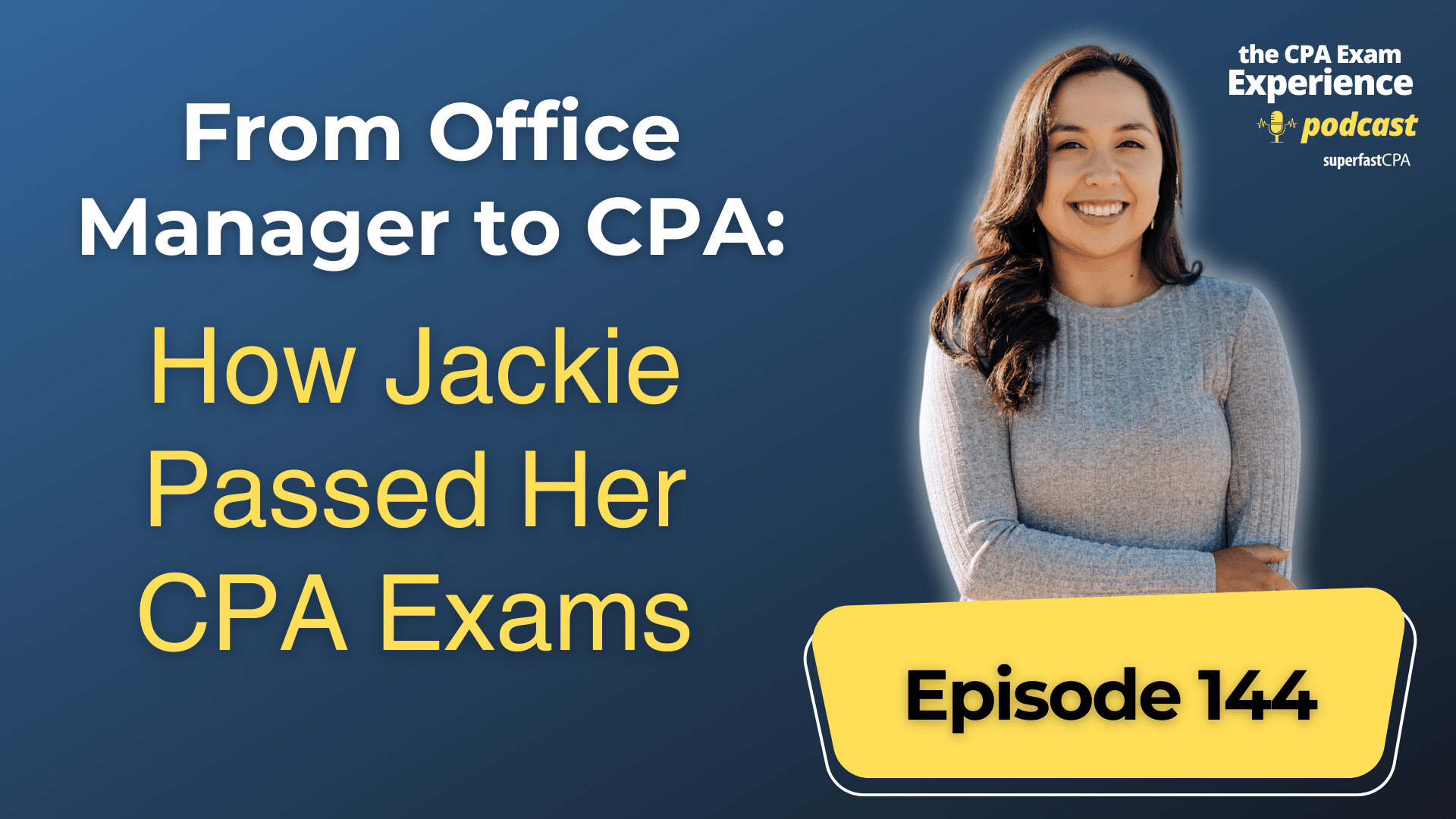Job Costing
Job costing, also known as job order costing, is an accounting method used to track the costs associated with a specific job or project. It’s often used by companies that produce unique products or services for each customer. In other words, it’s a cost accounting system that determines the cost of specific jobs, based on the costs of the resources consumed.
These resources typically include:
- Direct Materials: These are the raw materials directly involved in producing a product or delivering a service.
- Direct Labor: This refers to the wages of the employees who are directly involved in the production or service delivery process.
- Overhead Costs: These are indirect costs that can’t be attributed to any one job but are part of the overall cost of operating the business. Examples can include rent, utilities, indirect materials, and indirect labor.
In job costing, each job or batch of goods is treated as a separate cost object. All costs related to a specific job are traced and allocated to that job.
For example, a construction company would use job costing to compile the costs of materials, labor, and overhead for a specific building project. Similarly, a consulting firm would use job costing to track the hours (labor) spent on a particular client engagement, any materials or resources used, and a portion of overhead costs.
Job costing is helpful in accurately bidding on projects, controlling costs, tracking profitability, and making future business decisions. It also allows businesses to identify and correct inefficiencies, as the cost of each job is tracked separately. It’s a useful tool in fields where each job is distinct and costs can vary significantly from one project to another.
Example of Job Costing
Let’s use the example of a construction company, ABC Construction, that uses job costing for its projects. They are contracted to build a custom house, which we’ll refer to as Project X.
Direct Materials:
ABC Construction starts by estimating and then tracking all the materials directly used on Project X. This includes items like:
- Lumber: $50,000
- Bricks: $30,000
- Cement: $20,000
- Plumbing materials: $15,000
- Electrical materials: $10,000
Direct Labor:
The company pays its workers for their time spent on the project. This is tracked through timesheets. For Project X, the labor cost might be:
- Site Supervisor (500 hours at $30/hour): $15,000
- Bricklayers (800 hours at $20/hour): $16,000
- Carpenters (700 hours at $20/hour): $14,000
- Electricians (400 hours at $25/hour): $10,000
- Plumbers (300 hours at $25/hour): $7,500
Overhead Costs:
These are costs that are not directly linked to a project but are part of the overall operations. ABC Construction allocates a portion of these costs to Project X, possibly based on the proportion of total labor hours the project represents. These could include costs like:
- Equipment depreciation
- Rent or mortgage for the company offices
- Utilities
- Indirect labor (administration, maintenance, etc.)
Assuming the total overhead costs are $100,000 per month, and Project X used 20% of the company’s total labor hours for a month, $20,000 of overhead would be allocated to Project X.
Total Project Cost:
The total cost of Project X would be the sum of direct materials, direct labor, and allocated overhead:
- Total Direct Materials: $125,000
- Total Direct Labor: $62,500
- Allocated Overhead: $20,000
- Total Project Cost: $207,500
This total cost would then be used to evaluate the profitability of the project, inform future project bids, and manage the financial performance of the company.
Remember, this is a simplified example, and real-world job costing can involve more complex allocation methods and cost items. But the basic principle remains the same: to accurately track and assign the costs associated with individual jobs or projects.














